Revolutionizing Convenience: How Smart Vending Machines Are Changing Our Daily Lives
In recent years, the rise of the Smart Vending Machine has transformed not only the vending industry but also the way we interact with everyday convenience. According to a market research report by Grand View Research, the global smart vending machine market was valued at approximately $3.29 billion in 2020 and is projected to expand at a compound annual growth rate (CAGR) of 18.4% from 2021 to 2028. These intelligent machines are equipped with advanced technology, such as touch screens, cashless payment options, and inventory tracking systems, enhancing user experience and operational efficiency. As consumers increasingly seek seamless, contactless solutions, smart vending machines are rising to meet demands, providing everything from snacks to electronics at the touch of a button. This evolution is paving the way for new business models and reshaping our daily lives, making convenience smarter and more accessible than ever before.
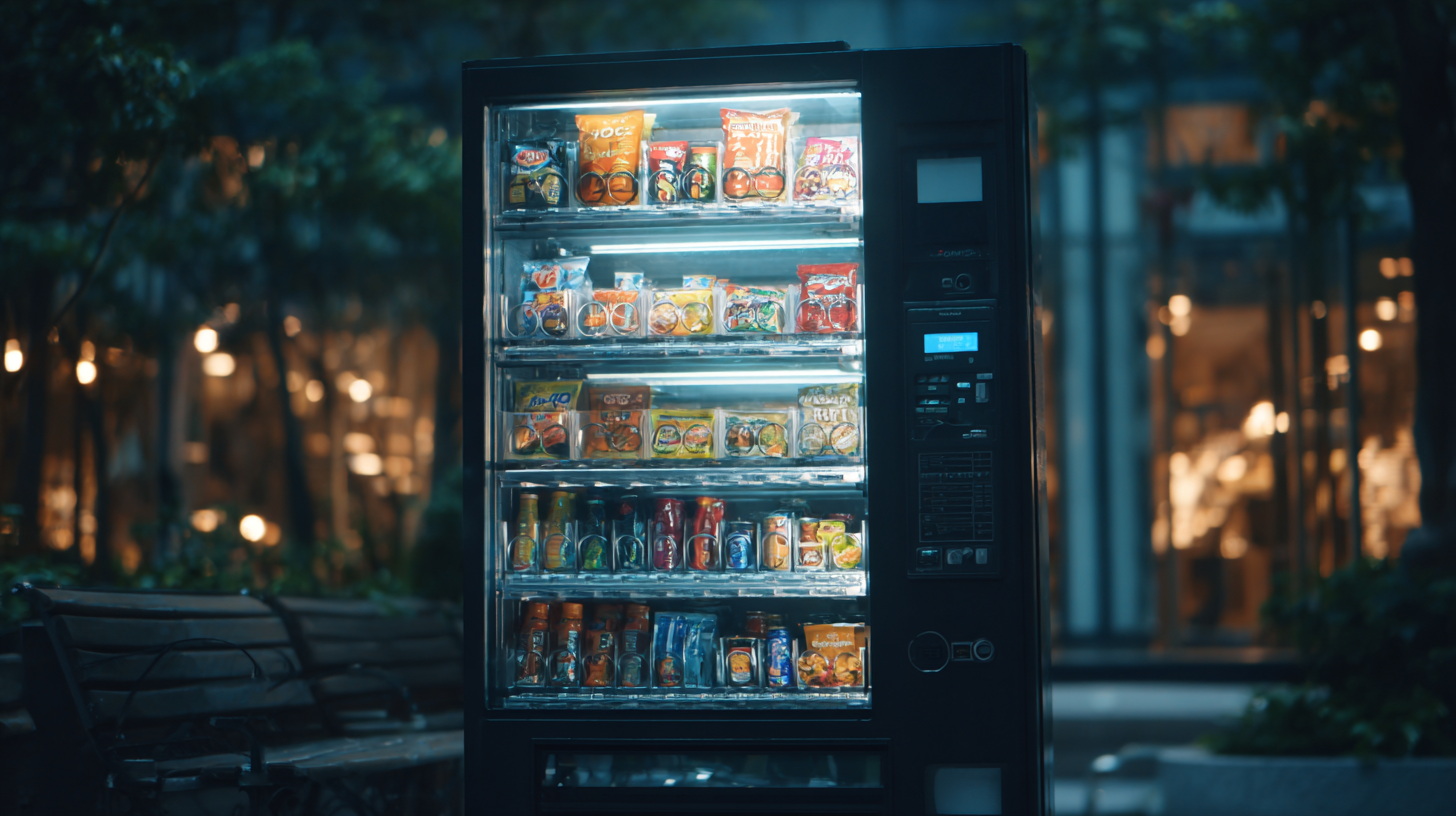
Understanding Smart Vending Machines: The Basics of Technology Integration
Smart vending machines represent a significant leap in the integration of technology into everyday conveniences. These machines utilize advanced technologies such as Internet of Things (IoT) connectivity, artificial intelligence, and mobile payment systems to enhance user experience. According to a report by MarketsandMarkets, the global smart vending machine market is projected to reach $6.8 billion by 2025, growing at a CAGR of 15.9% from 2020. This growth is driven by the demand for autonomous retail experiences and cashless transactions that cater to modern consumer preferences.
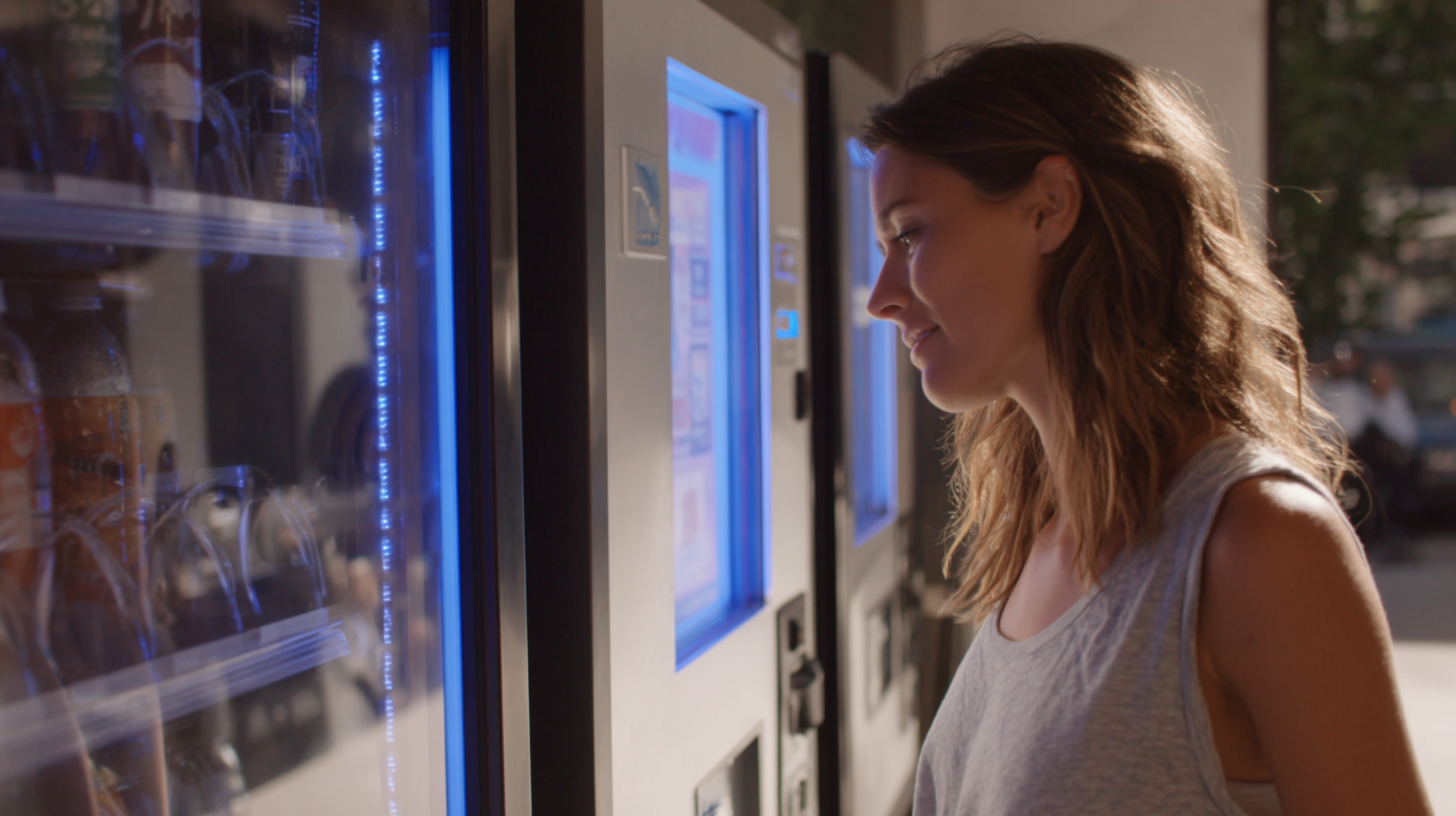
The integration of technology in vending systems has transformed them from simple snack dispensers into multifunctional kiosks. Features such as touchless payment options, real-time inventory management, and personalized marketing through data analytics enable operators to streamline operations and improve customer engagement. For example, Advantech's industry report highlights that smart vending machines equipped with IoT capabilities can send alerts for restocking and track consumer behavior to offer tailored promotions. This shift not only enhances convenience for users but also optimizes inventory management for businesses, illustrating how technology is reshaping the landscape of retail.
Key Features of Smart Vending Machines that Enhance User Experience
Smart vending machines have become a transformative force in enhancing user experience through several key features. One notable characteristic is the integration of touchless payment systems, which allow consumers to make purchases effortlessly without physical contact. This innovation is particularly valuable in today's health-conscious environment, streamlining the transaction process and reducing wait times. Moreover, many smart vending machines are equipped with real-time inventory management systems, ensuring that users are always greeted with fresh products and minimizing the chances of encountering out-of-stock items.
Another significant feature of smart vending machines is their ability to personalize the consumer experience. By leveraging data analytics and customer feedback, these machines can recommend products tailored to individual preferences, similar to how personalized promotions work in various retail environments. Additionally, gamification strategies are increasingly being incorporated, engaging users through loyalty rewards and interactive experiences that encourage repeat usage. As the intelligent vending machine market continues to grow, with projections indicating substantial increases in various regions, these enhancements promise to further revolutionize the way we interact with automated retail solutions.
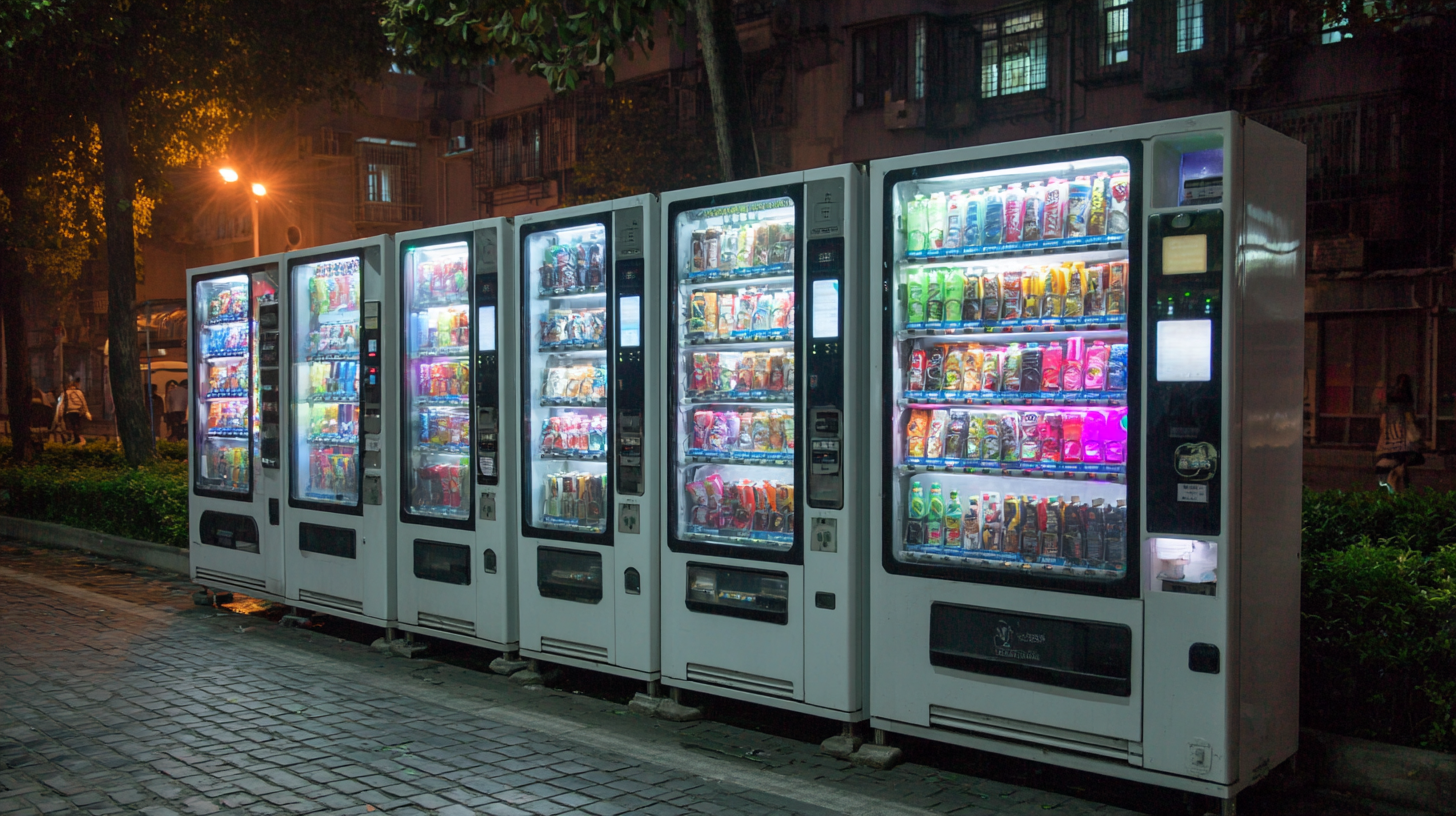
How Smart Vending Machines Are Fostering Sustainable Consumption Habits
Smart vending machines are revolutionizing our daily lives by promoting sustainable consumption habits through innovative technology. With the global smart vending machine market projected to grow significantly by 2032, these automated systems are enhancing convenience while reducing waste. The implementation of AI and mobile payment technologies facilitates seamless experiences for users, allowing them to access and purchase items effortlessly.
One of the advantages of smart vending machines is their potential to foster sustainable habits among consumers. By encouraging the use of reusable containers through intelligent systems, businesses can reduce the reliance on single-use plastics. Furthermore, advanced inventory management capabilities minimize food waste, as these machines can optimize stock levels based on real-time data analytics.
Tips for engaging with smart vending machines include exploring their sustainability features. Always opt for machines that offer eco-friendly packaging or refillable options. Additionally, make use of mobile apps that enable you to track and manage your purchases, promoting responsible consumption. Embracing these practices not only supports sustainable habits but also enhances your shopping experience in this evolving retail landscape.
Exploring the Impact of Smart Vending Machines on Urban Lifestyle and Commerce
Smart vending machines are increasingly transforming urban lifestyles and commerce by offering enhanced convenience and efficiency. According to a MarketsandMarkets report, the global smart vending machine market is projected to reach $6.2 billion by 2026, growing at a significant compound annual growth rate (CAGR) of 9.1% from 2021 to 2026. This growth reflects a shift in consumer expectations for seamless and instant access to products, as city dwellers seek more efficient ways to shop on-the-go.
The introduction of features such as cashless payment options, touchless interfaces, and personalized offerings through AI-driven algorithms significantly enhances the customer experience. A survey from Statista indicates that 43% of customers prefer smart vending machines over traditional options due to their innovative payment systems and the ability to offer a wider variety of products. As urban centers continue to embrace digital transformation, smart vending machines not only cater to busy lifestyles but also contribute to the local economy by providing businesses with valuable customer data, allowing them to tailor their offerings and optimize inventory management.
Revolutionizing Convenience: How Smart Vending Machines Are Changing Our Daily Lives
| Dimension | Value |
|---|---|
| Number of Smart Vending Machines in Urban Areas | 25,000+ |
| Average Daily Transactions per Machine | 50 Transactions |
| Percentage of Cashless Transactions | 75% |
| Most Common Products Sold | Snacks, Beverages, Health Foods |
| User Demographics (Age 18-34) | 60% |
| Reduction in Wait Time at Machines | 40% |
| Percentage of Purchases via Mobile App | 30% |
| Projected Growth of Smart Vending Market (2024) | $2 Billion |
Future Trends: What’s Next for Smart Vending Machines in Our Daily Lives
The future of smart vending machines looks promising as they continue to evolve and integrate advanced technologies. With the global smart vending machine market expected to grow from $11.47 billion in 2025 to $36.89 billion by 2032, reflecting an impressive annual growth rate of 18.2%, it is evident that consumer demand for convenience and innovation is driving this transformation. These machines are becoming increasingly intelligent, utilizing features like touchless payment, real-time inventory tracking, and personalized product recommendations to enhance user experience.
In addition to technological advancements, the incorporation of artificial intelligence and Internet of Things (IoT) technology is set to revolutionize how vending machines operate. Future trends may include smart vending machines that not only dispense products but also gather valuable data on consumer preferences and behaviors. This data can help operators optimize inventory and offer targeted promotions, ensuring that machines are stocked with the items consumers want most. As these machines continue to adapt and innovate, they will undoubtedly play a significant role in the daily lives of consumers, reshaping the landscape of retail and enhancing convenience in urban environments.
Smart Vending Machines: Usage Trends Over the Years
This chart illustrates the growing usage of smart vending machines over the past five years. The data shows the increase in transactions made through these machines as consumers embrace technology-driven convenience.
Related Posts
-

Revolutionizing Refreshment Solutions with Smart Vending Machines for Global Buyers
-
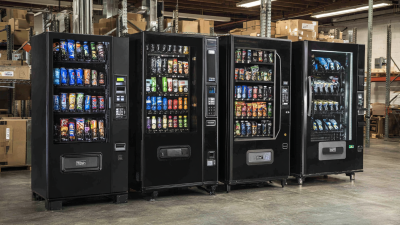
5 Best Vending Solutions to Transform Your Business Operations Today
-

Global Standards for Hot Drinks Vending Machine Production You Should Know
-

Unlocking the Secrets to Successful Global Procurement of Hot Vending Machines
-
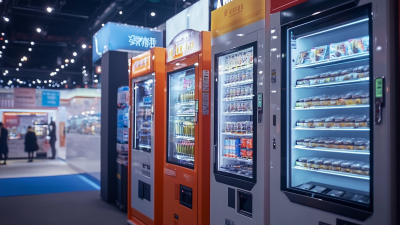
Discover the Future of Smart Vending Machines at the 137th Canton Fair paving the Way for Global Trade
-

Ultimate Guide to Choosing the Best Hot Drinks Vending Machine for Your Business Needs
